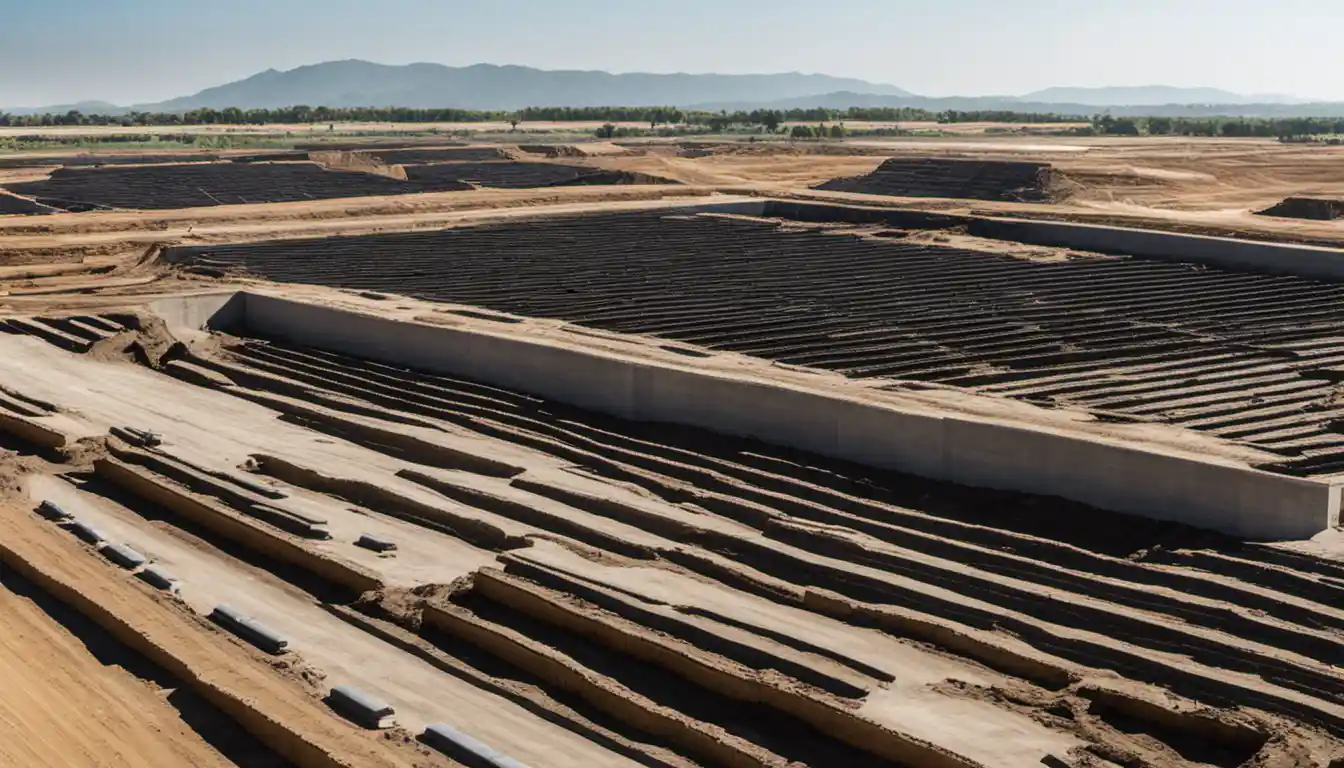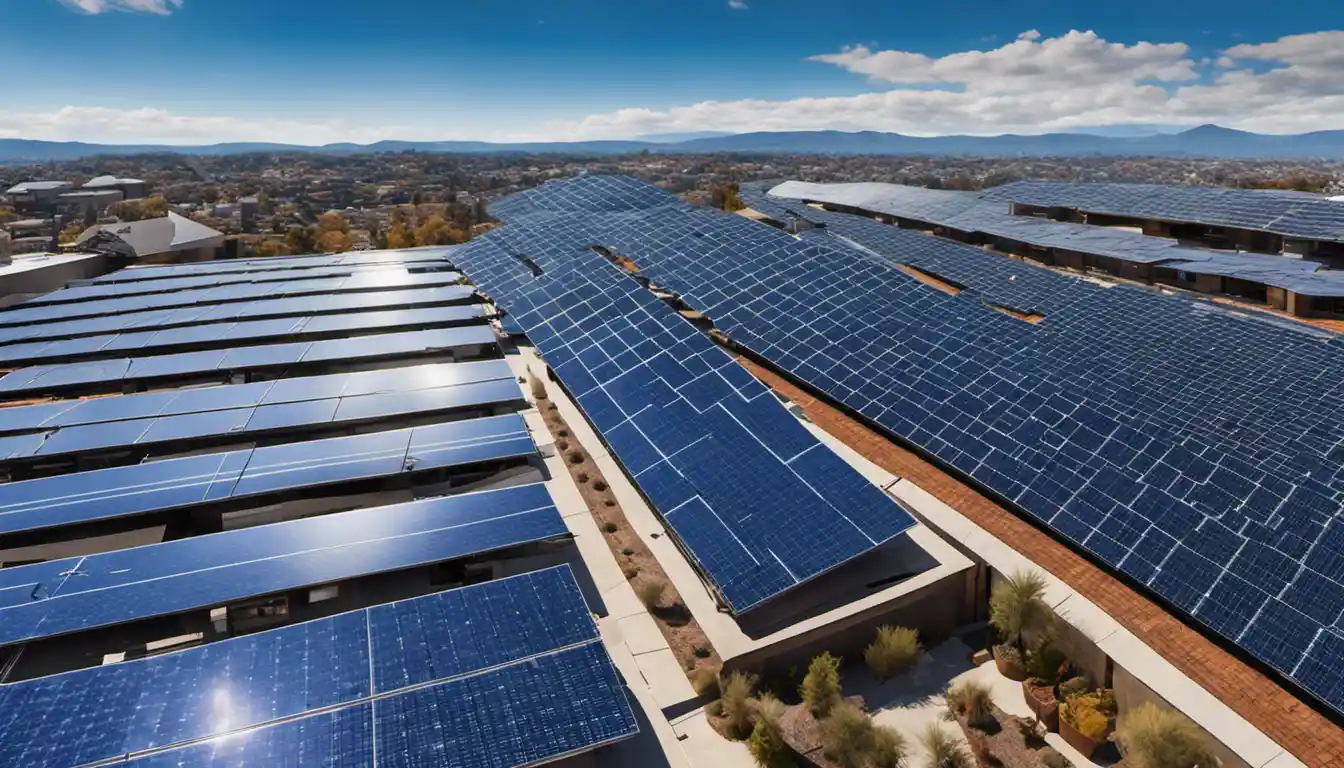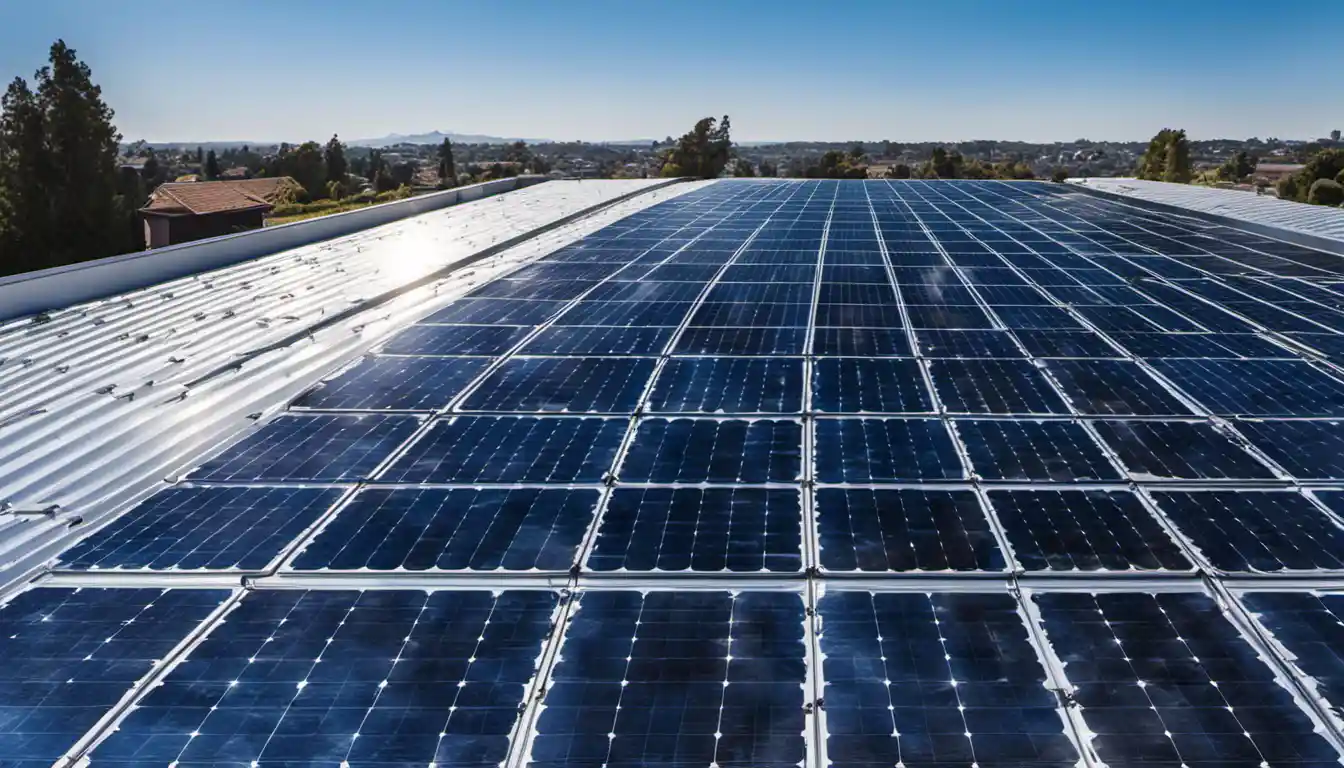Why do you need a permit to install solar panels?
Yes, in most parts of the United States and many other countries, you are required to obtain a permit before installing solar panels. This permit helps to confirm that your solar panel system is in compliance with local zoning, building, and electrical codes.
Legal Obligations and Safety Regulations
Not unlike any construction project, solar panel installation comes with certain safety concerns that need to be addressed, ranging from possible damage to the roof structure to potential electrical issues. With over 20 years in the field, I’ve encountered regulations that span structural safety assessments to environmental policies that need to be upheld. The permit, in this case, serves as your legal green light, ensuring that your new energy upgrade adheres to all relevant codes and safety regulations.
Avoiding Potential Conflicts with Local Authorities
Beyond this, getting a permit for your solar panels significantly lowers the risk of conflicts with local authorities. Again, speaking from experience, municipalities tend to frown upon unpermitted projects, and the last thing you need is a costly, time-consuming legal dispute impeding your path to sustainability.
The Diversity of Requirements: Do All Solar Panel Installations Require A Permit?
So, the big question – “Do you need a permit to install solar panels?” To put it simply, yes, but the extent of the requirements can differ dramatically based on several factors.
Roof-Mounted Solar Panels
Most homes opt for roof-mounted solar panels due to the space-saving benefits they afford. For these, you would usually need a building permit that lays bare particulars such as the weight of the panels, the suitability and strength of the roof, and their positioning in relation to the prevailing weather conditions.
Ground-Mounted Solar Panels

For ground-mounted solar panels, the process can be different because their installation may require more extensive construction work. This could mean additional approvals and documentation, from plumbing or grading permits to environmental inspections.
Solar Panels on Historic Buildings
Special considerations are given to historic buildings. Mounting solar panels on such structures may require additional approval from a historic review board.
The Permitting Process: What to Expect When Applying for a Solar Panel Permit
Navigating the permitting process can seem daunting at first. However, with a fair understanding of the process, it can be simplified.
The Application Itself: What You’ll Need to Provide
Information on your home’s electrical system, structural data, your proposed solar panel system, and an installation plan are some of the key elements needed for the application. It’s advisable to work with a certified solar panel installer who can handle the technicalities of this process.
Approval Timeline: How Long Does It Typically Take?
The timeline can vary from a few days to several weeks depending on your local government office’s workload and the complexity of your project.
Legal and Financial Consequences: What Happens if You Don’t Get a Permit for Your Solar Installation?

Illegal installations can land you in hot water. They may lead to penalties and legal disputes, and may even result in the voiding of your homeowner’s insurance policy.
Potential Fines and Legal Action
Failing to secure the proper permits can result in fines, or worse, legal action forcing you to remove your unpermitted installation.
Voiding of Homeowner’s Insurance
Another potential risk lies with your home’s insurance policy. Voiding the homeowner’s insurance due to unpermitted installations is commonplace. Important to remember is that solar panels are valuable assets hence the need for an insurance cover.
Beyond Permits: Do You Need a License to Install Solar Panels?
Not wanting to confuse things, but it’s crucial to mention the difference between permits and licenses when asking “Do you need a license to install solar panels?”
The Different Between Permits and Licenses
While a permit focuses on the solar panel system installation in a specific location, a license revolves around the individual carrying out the installation.
When A License Might be Required for Solar Panel Installation

If you decide to install the solar panels yourself, certain states might require that you have a specific license showcasing your competence in handling electrical installations.
Ensuring a Smooth Installation Process: The Importance of Understanding Local Permit and Licensing Regulations
It’s prudent to start your journey to renewable energy by understanding the legal requirements.
Case Study: Florida’s Requirements for Solar Panel Installation
Take Florida, for instance. It’s a great place for solar energy, but they have specific requirements for solar panel installations. Not only do they require a permit, but installers also need to be licensed.
The Value of Professional Guidance in Navigating Regulatory Processes
In most cases, working with a qualified solar installer helps alleviate much of the stress related to permits and licenses. Not only can such professionals manage the permit application process, but they are also adept at carrying out installations per local building and safety codes.
The Peace of Mind that Comes with Compliance
Ultimately, having your solar system permit and potential licenses in place will give you peace of mind. You’ll be secure in the knowledge that your installation adheres to all relevant safety standards and legal requirements, and that your journey to clean, renewable energy is compliant.
In Conclusion: Taking the Legal Road to Sustainable Living
Intricacies surround the installation of solar panels due to the different permitting needs throughout states, counties, and cities. However, the environmental and financial benefits accrued from installing these panels far outweigh the initial bureaucratic process.
If you’re ready to take the next step, be sure to check out our guide on how to install solar panels, which goes further into the technical aspects of the installation process. With the information above, you’ll be ready to tackle the whole process, from the legal to the technical, in pursuit of a cleaner, greener way of living.



